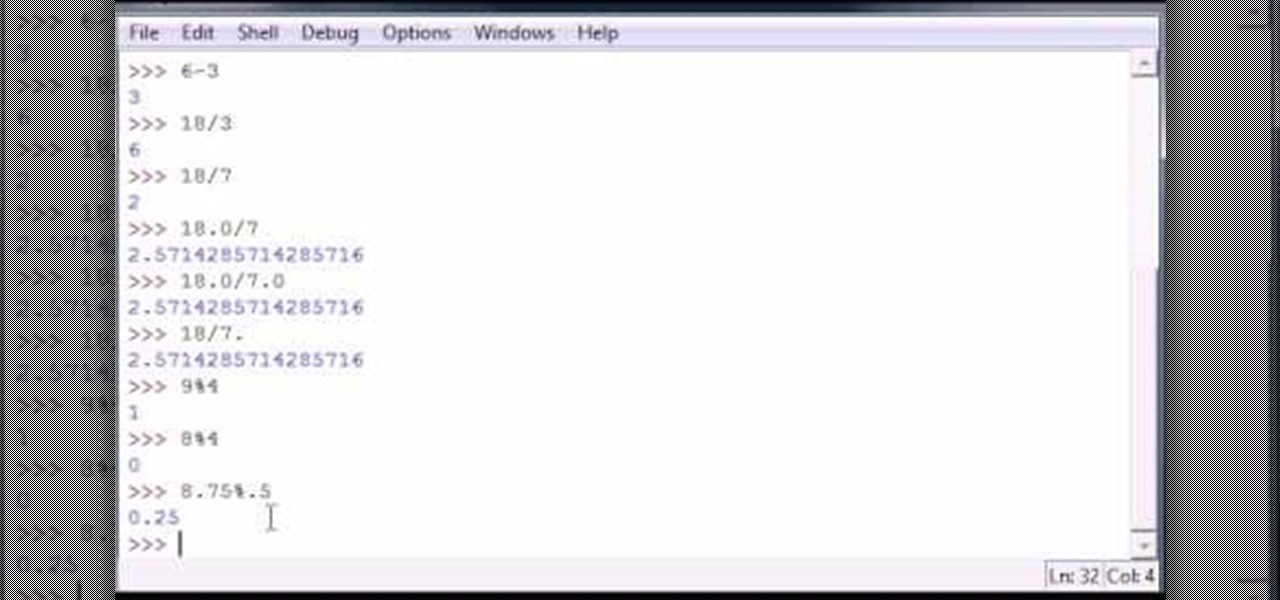How To Program A Virus In Python How To Limit
I have a Python script that is running and continuously dumping errors into a log file.
That said, sometimes a program or process consumes too much of the system’s resources and there isn’t much you can do to dictate how much resources are allocated to a particular process. BES, Battle Encoder Shirase is a free Windows utility that you can use to limit and monitor the CPU usage of any process.
I want to edit the script and run it again, but don't know how to stop the script.
- A computer virus is a type of malicious software program (“malware”) that, when executed, replicates by reproducing itself (copying its own source code) or infecting other computer programs by modifying them.Infecting computer programs can include as well, data files, or the “boot” sector of the hard drive.
- PHP files and tools are commonly shared over the Internet, and a few viruses have been written in it. Fortunately, because it. Other scripting languages, like Python, can be used to build client applications, but are. Microsoft has taken a few security steps to limit foreign web pages or code from calling a locally trusted HTA.
I'm currently logged on Linux through PuTTy and am doing all the coding there. So, is there a command to stop the python script in linux?
woneaHow To Program A Virus In Python How To Limit Youtube
migrated from stackoverflow.comJul 9 '12 at 19:54
This question came from our site for professional and enthusiast programmers.
6 Answers
You will have to find the process id (pid). one command to do this would be
to limit results to python processes you can grep the result
which will give results like :
the second column is the pid. then use the kill command as such :
Find the process id (PID) of the script and issue a kill -9 PID to kill the process unless it's running as your forground process at the terminal in which case you can Contrl-C to kill it.
Find the PID with this command:

It lists all the python processes, pick out the right one and note its PID. Then
will kill the process. You may get a message about having terminated a process at this stage.
Alternatively, you can use the top command to find the python process. Simply enter k (for kill) and the top program will prompt you for the PID of the process to kill. Sometimes it's difficult to see all processes you are interested in with top since they may scroll off the screen, I think the ps approach is easier/better.
Try this simple line, It will terminate all script.py:
If the program is the current process in your shell, typing Ctrl-C will stop the Python program.
Ned BatchelderNed BatchelderIn a perfect world, you'd read the documentation for the script and see which signal(s) should be used to tell it to end. In real life, you probably want to send it the TERM signal, first, maybe using a KILL signal if it ignores the TERM. So, what you do is find the Process ID, using the ps command (as someone already described). Then, you can run kill -TERM <pid>. Some programs will clean up things, like files they might have open, when they get a signal like that, so it's nicer to start with something like that. If that fails, then there's not much left to do except the big hammer: kill -KILL <pid>.(you can use the numeric values, e.g. -KILL = -9, and they'll probably never change, but in a theoretical sense it might be safer to use the names)
If you know the name of the script you could reduce all the work to a single command:
If you want to make sure that is a python script:
If you wanted to kill all the python scripts:
I suppose you get the idea ;)
Reminder: you need to quote ' the script name as is in the examples.